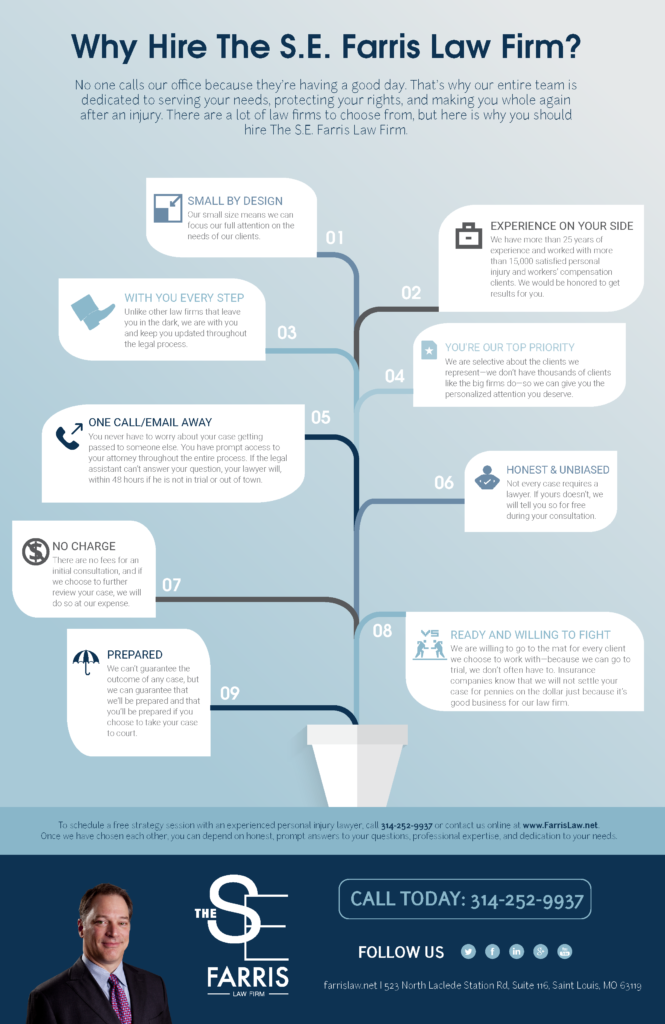The Real Estate Legal Representative'S Manual On Landlord-Tenant Legislation
The Real Estate Legal Representative'S Manual On Landlord-Tenant Legislation
Blog Article
Composed By-Fallesen Richmond
When it comes to landlord-tenant regulation, recognizing your legal rights and responsibilities is critical for both parties. You might believe you have a solid grasp on the fundamentals, however there are frequently subtleties that can capture you unsuspecting. Whether you're a property manager managing a residential or commercial property or a renter seeking a stable home, recognizing the lawful landscape can make all the difference. What might surprise you are the complexities associated with navigating conflicts and eviction procedures.
Comprehending Lessee Legal Rights and Responsibilities
When you rent a property, it's essential to comprehend your rights and responsibilities as a tenant. You can a risk-free and habitable living environment, suggesting your proprietor needs to maintain essential services like heating, pipes, and electrical energy.
You're likewise qualified to personal privacy; landlords generally require to provide notice prior to entering your unit.
On the flip side, you are in charge of paying lease in a timely manner, maintaining the home clean, and not causing damage past normal deterioration.
https://zenwriting.net/daryl4arleen/what-should-i-ask-my-property-attorney with your lease contract, as it outlines particular policies and commitments. Being aware of these elements not just shields you however additionally cultivates a positive partnership with your landlord.
Remain notified, and you'll navigate your occupancy better.
Key Landlord Responsibilities and Lawful Factors To Consider
While you may know your civil liberties as a renter, it's similarly important to comprehend your property owner's commitments.
Landlords need to give a secure and habitable living setting, making certain that crucial systems like heating, pipes, and electricity are in working order. They're also in charge of making necessary repairs without delay and sticking to local building ordinance.
Furthermore, proprietors should value your personal privacy by providing correct notice prior to entering your unit, typically 24 hr. They must manage security deposits according to state laws, including returning them without delay after you vacate, minus any lawful deductions.
Comprehending https://www.fool.com/research/digital-real-estate-metaverse/ can aid you maintain a favorable partnership with your proprietor and ensure your living situation satisfies legal standards.
Browsing Disputes and Expulsion Procedures
Disputes between landlords and tenants can emerge unexpectedly, making it vital for you to understand the processes associated with resolving them.
First, interaction is essential-- try to discuss problems directly to find a concession. If that falls short, familiarize on your own with your regional regulations relating to disagreements and expulsion. Record whatever: keep documents of communications, payments, and any infractions.
If eviction comes to be essential, ensure you adhere to the lawful steps called for in your area, which often consists of supplying composed notification and a specific duration for resolution.
Be prepared to head to court if the scenario intensifies, maybe your only choice. Understanding these processes will aid you navigate disagreements better and safeguard your legal rights as either a landlord or lessee.
Conclusion
In recap, recognizing landlord-tenant regulation is necessary for both parties associated with a rental contract. By understanding your rights and responsibilities, you can cultivate a far better living environment and prevent disputes. If conflicts develop, bear in mind that a realty attorney can assist lead you via the intricacies of expulsion procedures and legal commitments. Staying informed and proactive will certainly make certain a smoother rental experience, whether you're a property manager or a tenant.
